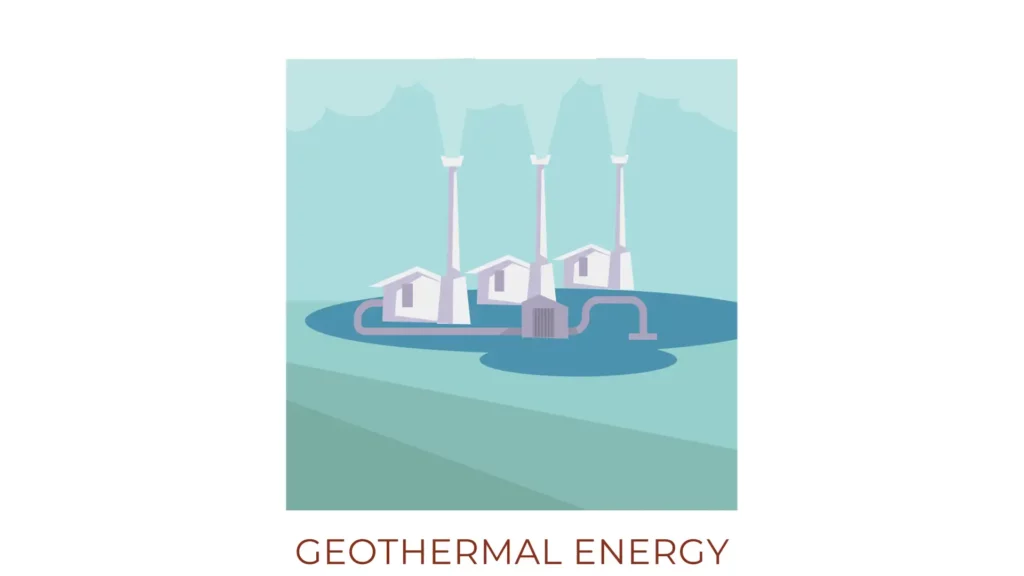Investing in renewable energy sources has become more than just a trend—it's a necessity as we face the increasing impacts of climate change.
Among the various green energy options, geothermal energy stands out for its sustainability and reliability.
This guide will delve deep into how to invest in geothermal energy, offering you a roadmap to participate in this eco-friendly and lucrative sector.
Understanding Geothermal Energy
Before we explore how to invest in geothermal energy, let's understand what it entails. Geothermal energy is the heat derived from the Earth's sub-surface.
It can be found in the form of hot water and steam reservoirs beneath the Earth's crust and can be harnessed to generate electricity or direct heating.
This energy source is praised for its low emissions and constant availability, unlike solar or wind energy, which are subject to weather conditions.
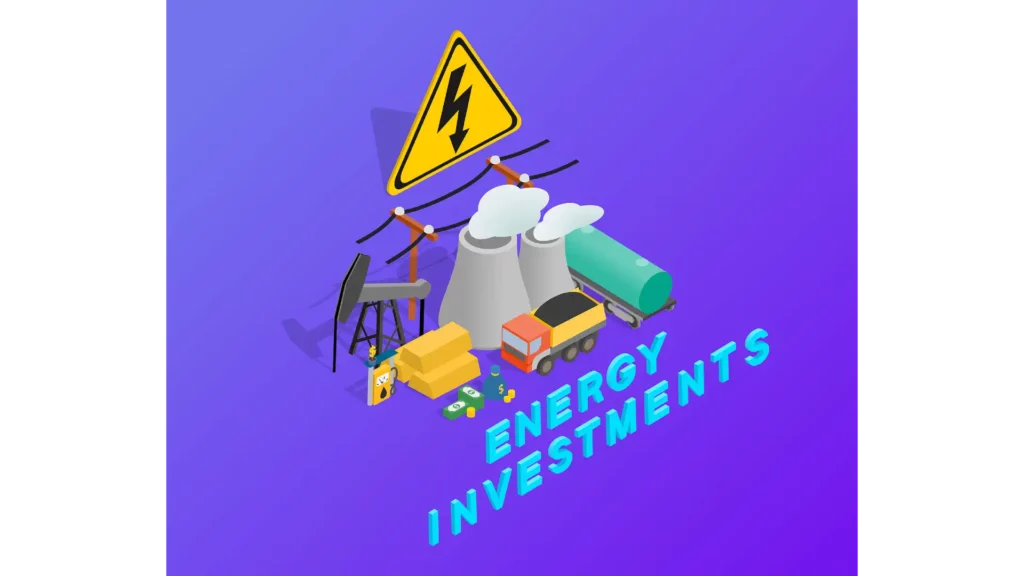
Why Invest in Geothermal Energy?
Investing in geothermal energy presents a unique opportunity for sustainable investment, offering long-term benefits for the environment and potentially lucrative returns for investors.
Here are some reasons why exploring how to invest in geothermal energy is a question worth pursuing further:
- Sustainability: Geothermal energy is a renewable energy source with a low environmental footprint, making it an attractive option for eco-conscious investors.
- Reliability: Unlike solar or wind energy, geothermal power is not affected by weather conditions or seasonal changes. It can provide a constant and stable power supply, making it a highly reliable energy source.
- Growth Potential: The global geothermal energy market is on an upward trajectory, driven by the increasing demand for renewable energy sources. With governments around the world setting ambitious renewable energy targets, the investment in geothermal energy infrastructure is expected to rise, offering significant growth potential for investors.
- Incentives and Support: Many governments and international organizations offer incentives for renewable energy projects, including geothermal energy. These can include tax credits, grants, and favorable regulatory frameworks, which can enhance the profitability and viability of investing in geothermal energy.
- Technological Advancements: Ongoing advancements in geothermal technology are making it more efficient and cost-effective. Innovations in drilling and power generation technologies are opening new opportunities for geothermal energy projects, even in regions where it was previously considered unviable.
- Diversification: For investors looking to diversify their portfolios, geothermal energy offers a distinct asset class that is relatively uncorrelated with traditional stocks and bonds. This can help reduce overall portfolio risk while contributing to a more sustainable energy future.
- Social and Economic Benefits: Geothermal energy projects can create jobs and stimulate economic growth in local communities, especially in remote or underdeveloped regions. Additionally, by reducing reliance on imported fuels, countries can improve their energy security and balance of trade.
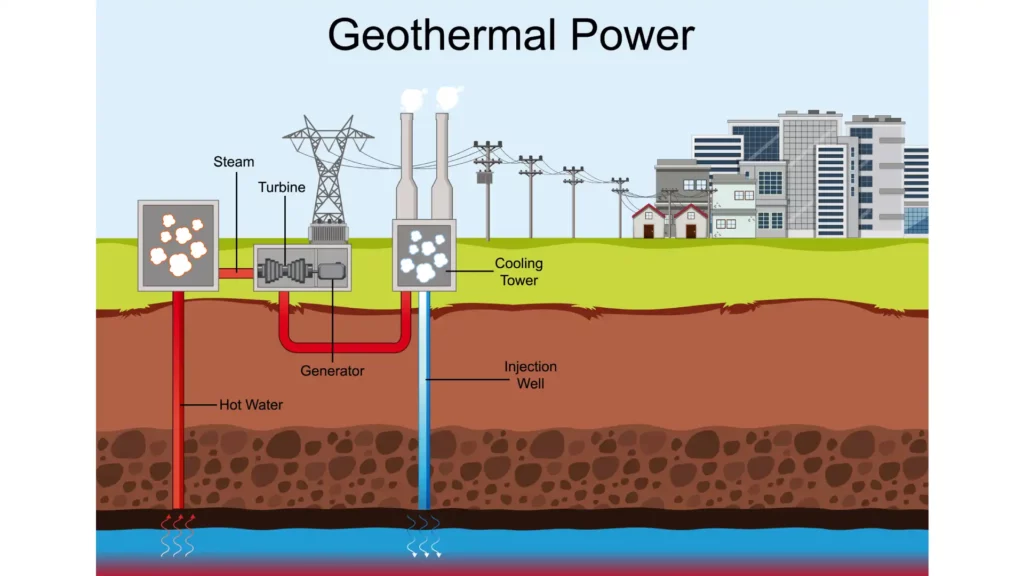
Assessing the Geothermal Energy Return on Investment
When evaluating the viability and profitability of renewable energy projects, understanding the geothermal energy return on investment (ROI) is crucial for investors and stakeholders.
The geothermal energy return on investment encapsulates the financial performance of geothermal energy projects, taking into account the initial capital expenditures, operational costs, and the revenue generated over the lifespan of the project.
Geothermal energy's high upfront costs for exploration, drilling, and plant construction are offset by low running costs and consistent power output, increasing return on investment.
With the rising interest in renewable energy and supportive policies worldwide, geothermal energy projects are now more appealing to investors, offering significant returns after overcoming the initial investment hurdles.
How to Invest in Geothermal Energy: Starting Points
- Direct Investment in Geothermal Projects
One way to invest in geothermal energy is through direct investment in specific projects. This could involve funding the development of new geothermal plants or the expansion of existing ones. While this option offers high potential returns, it requires substantial capital and a deep understanding of the energy sector.
- Stocks and Equity Investments
Purchasing stocks in companies specializing in geothermal energy is an excellent option for those wondering how to invest in geothermal energy without direct involvement. This allows investors to contribute to and benefit from the sector's growth. Companies range from developers and operators of geothermal plants to those providing the technology and equipment needed for energy extraction.
- Mutual Funds and ETFs
Investing in mutual funds or Exchange-Traded Funds (ETFs) that focus on renewable energy, including geothermal, is another way to get involved. These funds invest in various companies within the renewable energy sector, offering diversification and reducing the risk associated with individual stocks.
- Government and Private Bonds
Some governments and private entities issue bonds to finance geothermal projects. Investing in these bonds can provide a steady income stream while supporting the development of sustainable energy infrastructure.
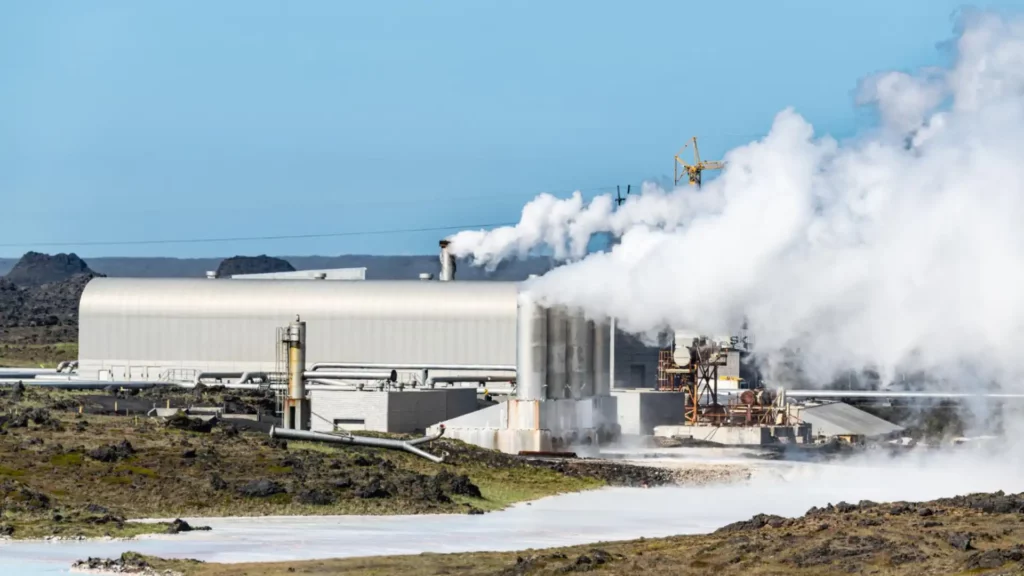
Key Considerations for Geothermal Investors
When delving into how to invest in geothermal energy, it's essential for investors to navigate through a myriad of considerations to ensure informed decision-making. Below are some critical factors every geothermal energy investor should evaluate:
- Market Research: A thorough understanding of the geothermal energy market is paramount. This includes insights into supply and demand dynamics, the competitive landscape, and an analysis of the key players in the sector.
- Regulatory Environment: The regulatory landscape significantly influences the geothermal energy sector. Policies, incentives, and subsidies can greatly impact the feasibility and profitability of geothermal projects.
- Technology Advances: The geothermal energy sector is advancing quickly with new technologies improving efficiency and lowering costs. Investors should follow developments in drilling, power plant, and heat extraction methods to spot innovative companies or projects with growth potential.
- Risk Management: Investing in geothermal energy comes with risks like geological, project development, and financial risks. To manage these risks, diversifying investments and understanding specific geothermal risks are key for informed decisions.
- Financial Analysis: Thorough financial analysis is essential for geothermal investments, including cost structure evaluation, cash flow analysis, and ROI assessment. The long term nature of investments requires consideration of time value of money and energy price fluctuations.
- Environmental and Social Impact: Geothermal energy projects need to consider environmental impact on ecosystems and water, and require support from local communities for success. Responsible investing focusing on sustainability and community engagement can lead to positive results.
- Partnerships and Collaborations: Partnering with experienced operators, communities, and government can benefit geothermal investments, offering expertise, cost savings, and regulatory support. Seek joint ventures with proven entities in the renewable energy sector.

Exploring Geothermal Energy Sweden
Sweden's strategic approach to enhancing its renewable energy portfolio includes a significant focus on geothermal energy. The exploration and utilization of geothermal energy Sweden have gained momentum as the country seeks to capitalize on this sustainable resource.
Despite its cooler climate, which might not intuitively seem conducive to geothermal energy production, Sweden has demonstrated that geothermal energy can play a pivotal role in its national energy strategy.
Through innovative technologies and sustainable practices, geothermal energy Sweden is being developed for both heating and potential electricity generation, underscoring the country's commitment to renewable energy sources and its ambition to achieve environmental sustainability.
This focus on geothermal energy not only supports Sweden's green energy targets but also highlights the untapped potential of geothermal resources in regions traditionally not considered hotspots for geothermal activity.
The Future of Geothermal Energy Investment
The horizon for geothermal energy investment is remarkably promising, illuminated by continuous technological innovation and a global pivot toward sustainable energy solutions.
This evolving landscape offers a fertile ground for investors keen on understanding how to invest in geothermal energy effectively.
As we delve deeper into the prospects of geothermal energy, several key factors underscore its potential for substantial growth and the opportunities it presents for forward-thinking investors.
Global Commitment to Renewable Energy
Governments worldwide are not just setting ambitious renewable energy targets but are also implementing policies that favor the development of renewable energy sources, including geothermal.
This political and economic backing is a strong signal for the growth potential of geothermal energy investments.
- Technological Innovations
Advances in geothermal drilling and power plant technologies are reducing costs and increasing the efficiency of geothermal energy production.
Enhanced Geothermal Systems (EGS) technology, for example, is expanding the potential for geothermal energy beyond traditional hotspots to a wider array of geographical locations.
These advancements are pivotal in making geothermal energy a more accessible and viable option for large-scale power generation.
- Increasing Consumer Demand for Clean Energy
Public and corporate demand for cleaner, more sustainable energy sources is at an all-time high. This demand is driving investment in renewable energy infrastructure, including geothermal power plants, as both individuals and businesses seek to reduce their carbon footprints.
- Economic Viability
The economic case for geothermal energy is becoming increasingly compelling.
With lower lifecycle costs and the potential for high returns on investment, especially in regions with high geothermal activity, it represents a lucrative opportunity for investors.
The ability of geothermal plants to provide base-load power can also offer a competitive advantage in energy markets.
- International Financing and Support
International financial institutions and green funds are offering more support and financing options for renewable energy projects.
This influx of capital is essential for the development of geothermal energy projects, which often require significant upfront investment.
- Climate Change Mitigation
As the global community seeks solutions to combat climate change, geothermal energy stands out as a potent tool for reducing greenhouse gas emissions.
Its role in transitioning the world's energy systems away from fossil fuels and towards cleaner alternatives cannot be overstated.
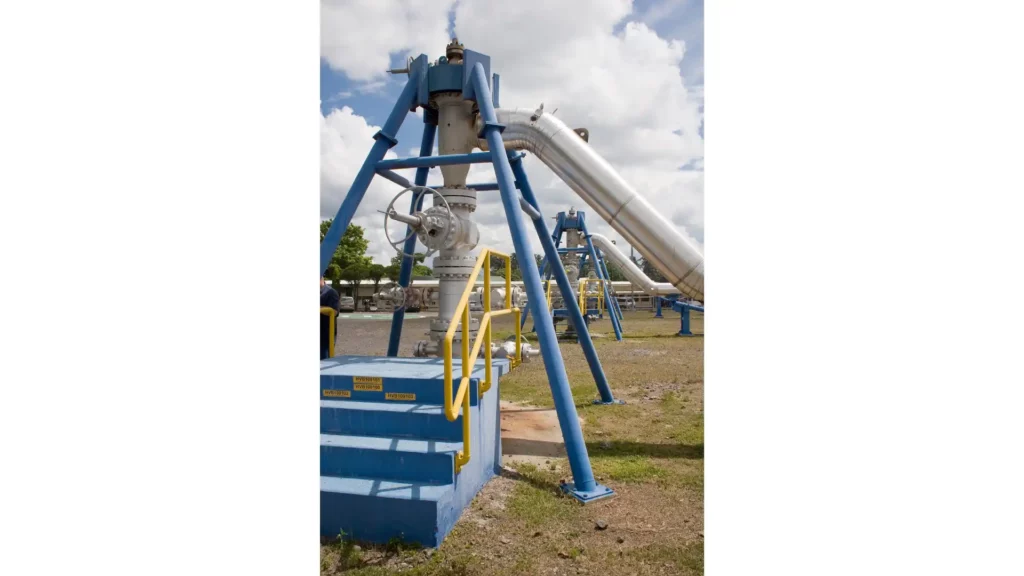
Frequently Asked Questions (FAQs) About Investing in Geothermal Energy
Is Geothermal Energy a Good Investment?
Is geothermal energy a good investment due to its consistent power supply, unlike other renewables. It diversifies energy sources, decreasing reliance on fossil fuels for enhanced security. Initial costs are high, but low operational expenses make it financially sustainable.
Why Should We Invest in Geothermal Energy?
Investing in geothermal energy is beneficial due to its clean and sustainable nature, reducing greenhouse gas emissions and aligning with efforts to combat climate change. Advancements in technology have improved efficiency and reduced costs, making it a profitable investment that also creates jobs and fosters energy independence.
What makes geothermal energy a sustainable investment option?
Geothermal energy is considered sustainable due to its minimal environmental impact, reliance on the Earth's internal heat, and ability to provide a constant and reliable energy source. Unlike fossil fuels, geothermal energy does not deplete resources or contribute significantly to pollution, making it an attractive option for eco-conscious investors.
How does the reliability of geothermal energy compare to other renewable sources?
Geothermal energy offers unparalleled reliability among renewable energy sources. It is not subject to the same weather-related variability as solar or wind power, providing a consistent and stable energy output that can significantly enhance the stability and predictability of energy supplies and investment returns.
Are there significant barriers to entry for investing in geothermal energy?
The primary barriers to entry in the geothermal energy sector include the high upfront costs associated with exploration and development, as well as the geological and technical expertise required to identify viable sites and manage projects. However, technological advancements and governmental incentives are helping to lower these barriers.
What is the expected growth potential for the geothermal energy market?
The geothermal energy market is expected to experience significant growth, driven by increasing demand for renewable energy, technological advancements, and supportive policies and incentives from governments worldwide. This growth potential makes geothermal energy an appealing option for investors looking for sustainable and profitable opportunities.
How do government incentives impact geothermal energy investments?
Government incentives can significantly enhance the attractiveness of geothermal energy investments by providing financial benefits such as tax credits, grants, and subsidies. These incentives help offset the initial high costs of geothermal projects and improve the overall return on investment.
What are the latest technological advancements in geothermal energy?
Recent technological advancements in geothermal energy include improvements in drilling techniques, enhanced geothermal systems (EGS) that allow for geothermal energy extraction in areas without natural hydrothermal resources, and more efficient power plant technologies. These advancements are reducing costs and expanding the potential for geothermal energy projects.
Can geothermal energy contribute to energy security?
Yes, geothermal energy can significantly contribute to energy security by providing a domestic and stable source of energy that reduces dependence on imported fuels. Its reliability and sustainability make it a strategic component of a diversified energy portfolio.
Final Thoughts on How to Invest in Geothermal Energy
Investing in geothermal energy offers a path to participate in the green revolution, promoting environmental sustainability while potentially earning returns.
Whether through direct project investment, stocks, funds, or bonds, opportunities abound for those interested in this sector. As with any investment, due diligence, market research, and a clear understanding of your risk tolerance are essential steps before diving in.
For those considering how to invest in geothermal energy, the journey may be complex, but the rewards—both financial and environmental—can be significant.
By supporting the growth of geothermal energy, investors not only contribute to a more sustainable world but also position themselves to benefit from the sector's expansion.

